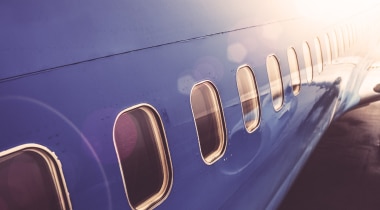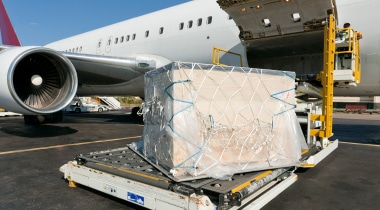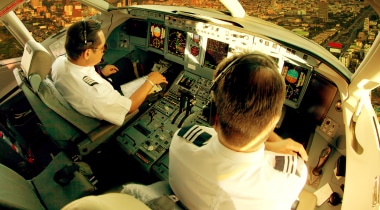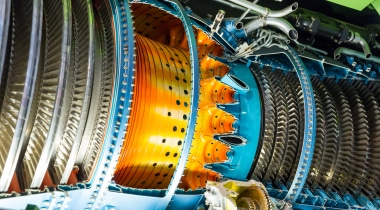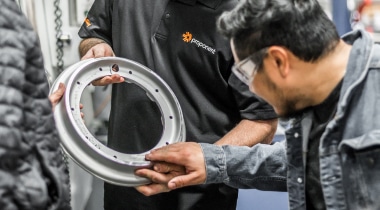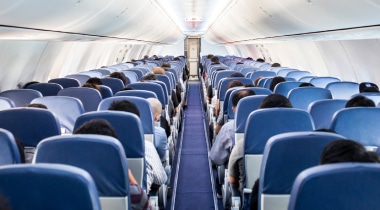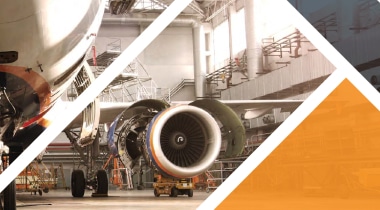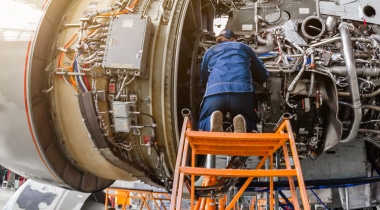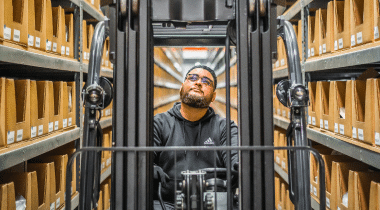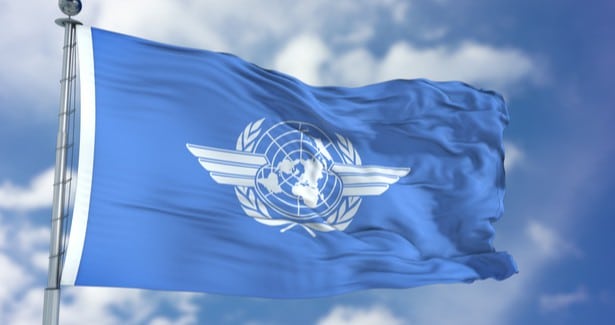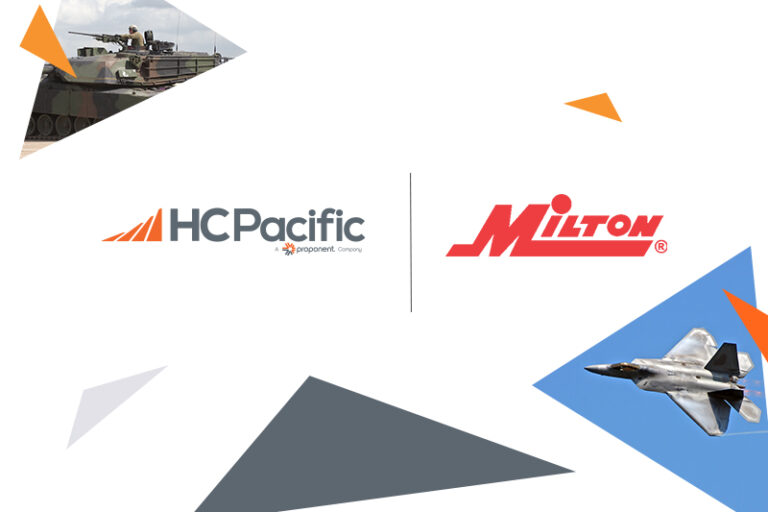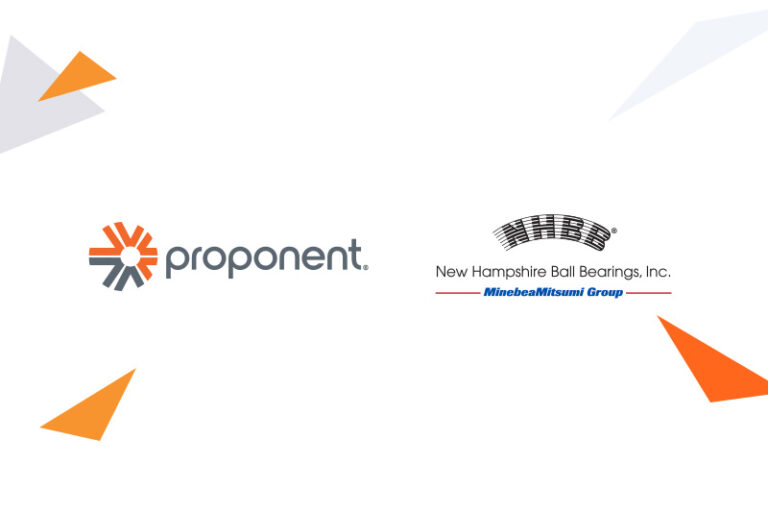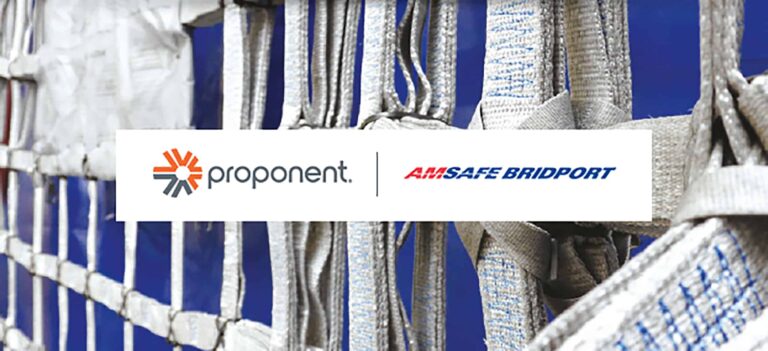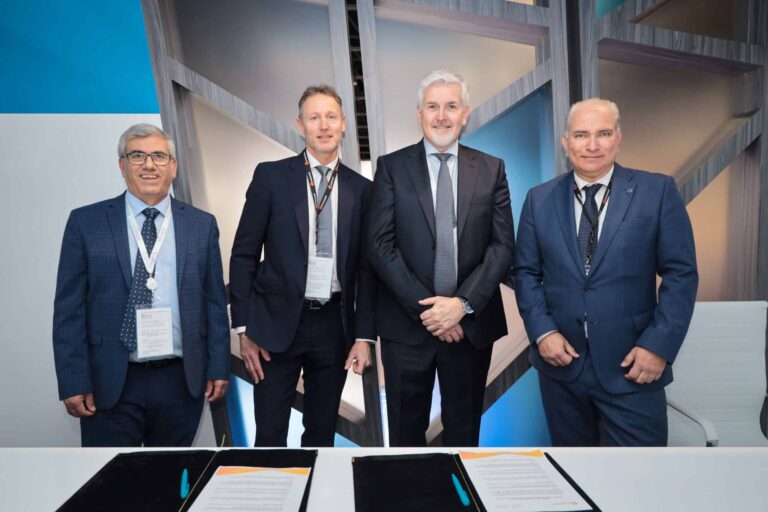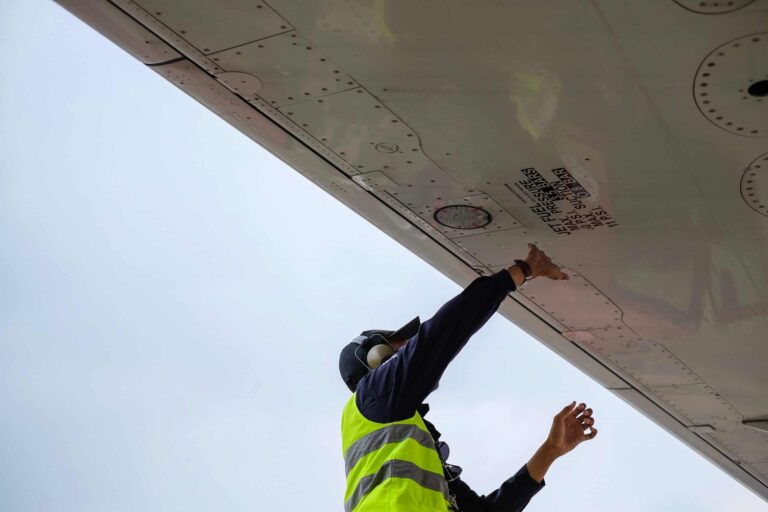In late June 2018, the International Civil Aviation Organization (ICAO) adopted a set of standards and recommended practices (SARPs) for implementing the Carbon Offsetting and Reduction Scheme for International Aviation, more commonly known as CORSIA. (A draft of the SARPs is available here, with finalized language still to come.)
What Is CORSIA?
CORSIA is a historic agreement by the ICAO’s 191 member states that sets out a global system for capping net carbon emissions for the international aviation industry at 2020 levels by offsetting any additional emissions. This means that the net CO2 emissions of the aviation industry will be stabilized, while other measures of emission reduction, such as operations, sustainable aviation fuel, technology, and infrastructure options, are sought after.
CORSIA is anticipated to diminish around 2.5 billion tons of CO2 between 2021 and 2035. This equates to an annual average of 164 million tons of CO2, which is equivalent to the total annual CO2 emissions from the Netherlands across all sectors. CORSIA is helping the aviation industry reach its mid-term goal of carbon-neutral growth from 2020 onwards.
CORSIA does not apply to domestic flights, only international ones. Another UN agency, the UNFCCC, handles the emissions levels of domestic flights and are covered by the Paris Agreement.
How Does CORSIA Work?
The global emissions scheme becomes mandatory beginning in 2027, but a voluntary implementation pilot phase begins in 2021. Beginning January 1, 2019, any aircraft operators with annual carbon emissions greater than 10,000 metric tons (just over 11,000 U.S. tons) will need to collect and report aviation emissions data to establish a baseline measurement.
As of July 2018, 73 international nations have agreed to participate in the initial voluntary phase of CORSIA. These countries account for 76% of all international aviation activity.
Why Is CORSIA Important?
Environmental Protection: The aviation industry is responsible for a significant amount of greenhouse gas emissions, and CORSIA aims to mitigate this impact by reducing and offsetting emissions. This is important for protecting the environment and mitigating climate change.
International Cooperation: CORSIA is an international program, which means that countries around the world must work together to implement it. This promotes international cooperation and helps to establish a framework for addressing global environmental issues.
Economic Benefits: The aviation industry is a significant contributor to the global economy, and CORSIA can provide economic benefits by promoting sustainable aviation and creating opportunities for investment in carbon offset projects.
Long-term Sustainability: CORSIA is a long-term program that aims to achieve carbon-neutral growth in international aviation beyond 2020. This is important for promoting sustainable development and ensuring that the aviation industry can continue to operate in a way that is environmentally responsible.
By reducing and offsetting emissions from the aviation industry, CORSIA helps to mitigate the impact of this industry on the environment and promotes a more sustainable future.
How Will CORSIA Be Implemented?
Such a wide-ranging international aviation agreement necessarily requires standards and guidelines for rolling out, especially with such an ambitious timeline. The ICAO has stipulated five elements for CORSIA implementation, which the SARPs have helped to flesh out. These include eligible fuels; eligible carbon emissions units; the establishment of a CORSIA Central Registry (CCR) to hold information and data to help with CORSIA implementation; the development of a CO2 Estimation and Reporting Tool (CERT); and a system for defining route-based carbon emissions coverage between states annually.
In addition to the SARPs that were adopted, a set of monitoring, reporting and verification (MRV) provisions were agreed upon, which describe in detail what has to be done, and by whom, to begin collecting CO2 emissions data by airlines in January 2019. These MRV specifications were vetted by seven ICAO member states as well as 10 airlines, to ensure that the offsetting requirements could be implemented in the limited time frame.
Reporting Emissions
CORSIA requires airlines to report their emissions from international flights to a central body, the International Civil Aviation Organization (ICAO). The reporting process is designed to be simple and standardized, with the aim of reducing the administrative burden on airlines and ensuring consistency across the industry.
To report their emissions, airlines will need to use a monitoring and reporting system that complies with the technical requirements set out by the ICAO. This system will collect data on the amount of fuel consumed by an airline’s aircraft, as well as other relevant data such as the distance flown and the number of passengers carried. The system will then calculate the carbon dioxide emissions associated with each flight and provide this information to the airline for reporting purposes. The airline will then report this data to the ICAO, which will use it to track global emissions from the aviation industry and ensure that airlines are meeting their obligations under CORSIA.
How Will Offsetting Requirements Work?
The offsetting requirements for CORSIA work are as follows:
Eligibility: The CORSIA program applies to international flights that exceed a certain threshold of CO2 emissions. The threshold is based on the distance flown and the type of aircraft used.
Calculation of Emissions: Airlines must calculate their CO2 emissions for each eligible flight using approved methodologies and tools.
Offset Requirements: Airlines are required to offset the emissions from eligible flights by purchasing carbon credits equivalent to the amount of CO2 emitted. The carbon credits must be from projects that have been verified to meet certain environmental and social standards.
Compliance: Airlines must report their emissions and offsetting activities to their respective governments, which will then report to ICAO. ICAO will monitor compliance with the offsetting requirements and may impose penalties for non-compliance.
The program is also intended to complement other measures to reduce aviation emissions, such as the development and use of sustainable aviation fuels and improvements in aircraft technology and operations.
CORSIA Is a Huge Leap for the Aviation Industry – and the World
At Proponent, we have long-supported sustainability within the aerospace industry (sometimes referred to as “green aviation”), but CORSIA represents a huge leap forward not just for the aviation sector, but also for the future of our planet. This is the first global carbon emissions-offsetting agreement for any global industry sector, and it has been nearly unanimously praised by the member states of the ICAO, the airlines and other aircraft operators, as well as additional stakeholders.
The fact that all of these parties were able to agree on the necessity of capping aviation CO2 emissions speaks to the importance that this issue holds globally. And the fact that the ICAO has been able to follow up on the agreement with such swift action bodes well for the global success of the CORSIA scheme.
We’ll be following this program closely to determine how it affects our customers and partners. CORSIA is not only a huge deal for the International aviation community, but there could be a positive global impact. More in-depth information on CORSIA implementation and assistance is available on the ICAO website.
More From Proponent
The State of Green Aviation – Part 1
